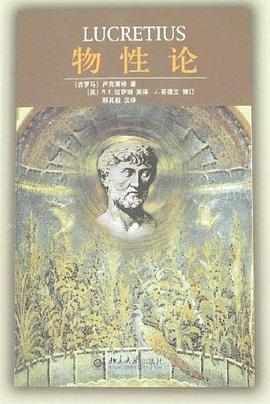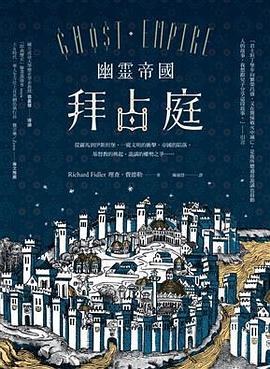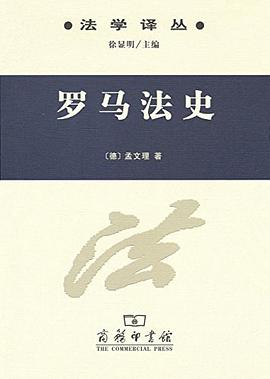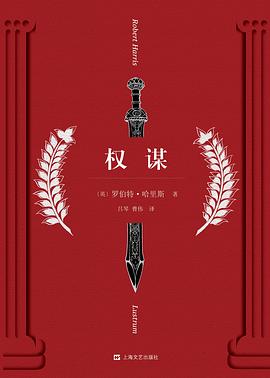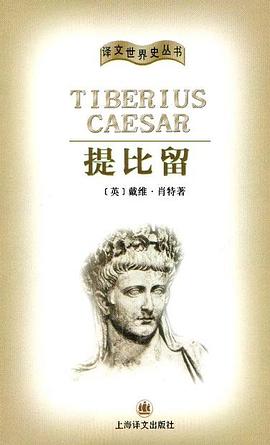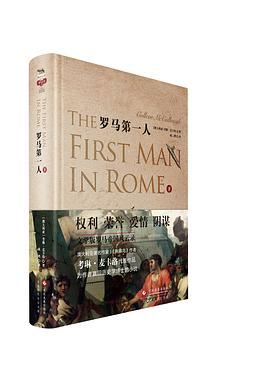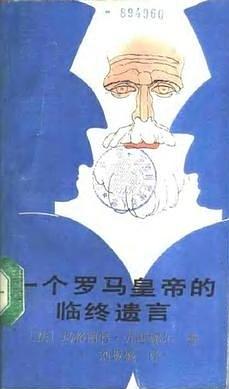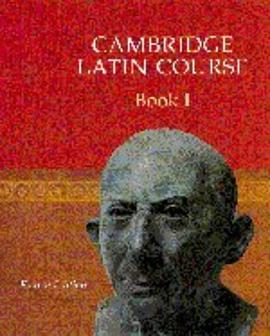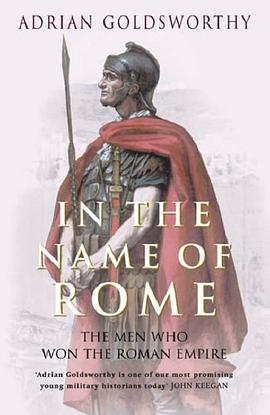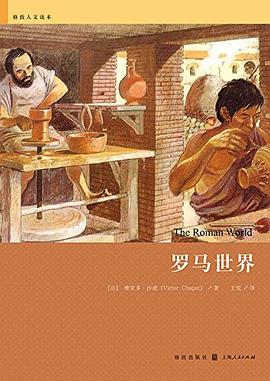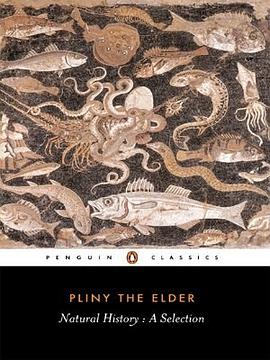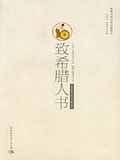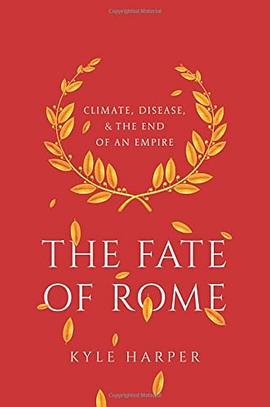

具體描述
A sweeping new history of how climate change and disease helped bring down the Roman Empire
Here is the monumental retelling of one of the most consequential chapters of human history: the fall of the Roman Empire. The Fate of Rome is the first book to examine the catastrophic role that climate change and infectious diseases played in the collapse of Rome’s power—a story of nature’s triumph over human ambition.
Interweaving a grand historical narrative with cutting-edge climate science and genetic discoveries, Kyle Harper traces how the fate of Rome was decided not just by emperors, soldiers, and barbarians but also by volcanic eruptions, solar cycles, climate instability, and devastating viruses and bacteria. He takes readers from Rome’s pinnacle in the second century, when the empire seemed an invincible superpower, to its unraveling by the seventh century, when Rome was politically fragmented and materially depleted. Harper describes how the Romans were resilient in the face of enormous environmental stress, until the besieged empire could no longer withstand the combined challenges of a “little ice age” and recurrent outbreaks of bubonic plague.
A poignant reflection on humanity’s intimate relationship with the environment, The Fate of Rome provides a sweeping account of how one of history’s greatest civilizations encountered and endured, yet ultimately succumbed to the cumulative burden of nature’s violence. The example of Rome is a timely reminder that climate change and germ evolution have shaped the world we inhabit—in ways that are surprising and profound.
First published in 2017.
Kyle Harper is professor of classics and letters and senior vice president and provost at the University of Oklahoma. He is the author of Slavery in the Late Roman World, AD 275–425 and From Shame to Sin: The Christian Transformation of Sexual Morality in Late Antiquity. He lives in Norman, Oklahoma.
著者簡介
Kyle Harper is a historian of the classical world and the Senior Vice President and Provost at his alma mater, the University of Oklahoma.
He graduated summa cum laude with a degree in Letters from OU and then received his Ph.D. in History from Harvard University in 2007.
圖書目錄
讀後感
文 | 赖建诚 我长期从事经济史研究,对罗马经济史一无所知,常感愧疚。著名计量经济学家雨宫健(1935—),长期在加利福尼亚州斯坦福大学任教,2007 年出版《古希腊的经济与经济学》(Economy and Economics of Ancient Greece)。虽然希腊史专家对此书颇有意见,但也够让我印...
評分 評分“过去认为影响罗马命运的主角是:皇帝、蛮族、将军、军士、奴隶。现在换个角度,认知到“非人因素”其实更有决定性:细菌、病毒、火山、太阳黑子周期。换言之,气候变迁与疾病瘟疫,才是决定剧本的匿名作者,将相英雄只是棋子。” 01 — 英文版是2017年出的,算比较新的书。 ...
評分 評分用戶評價
Informative and adaptable
评分翻過,沒有精力從頭到尾讀完。可以看到在地球氣候演變的大趨勢下人類對自然的塑造能力微不足道。古人在麵對氣候變化和瘟疫這兩種在其知識體係和觀測的時間尺度內無法解釋的現象時更為脆弱和值得憐憫。想到百年前奪取無數生命的西班牙流感,人類在認識自然和認識自己的道路上還有很長的路要走。作者對St Cyprian筆下古代瘟疫的研究值得注意。
评分難得的研究方嚮。不過書名的fate是否將涵蓋麵拓展的過於廣泛瞭?
评分難得的研究方嚮。不過書名的fate是否將涵蓋麵拓展的過於廣泛瞭?
评分不敢再小看中國翻譯瞭,掃完英文版後突然發現有中文的(小聲逼逼去年我看的美國史就一本翻譯也沒看到)。這本書介入古代史的方式很有意義。
相關圖書
本站所有內容均為互聯網搜索引擎提供的公開搜索信息,本站不存儲任何數據與內容,任何內容與數據均與本站無關,如有需要請聯繫相關搜索引擎包括但不限於百度,google,bing,sogou 等
© 2025 book.quotespace.org All Rights Reserved. 小美書屋 版权所有

